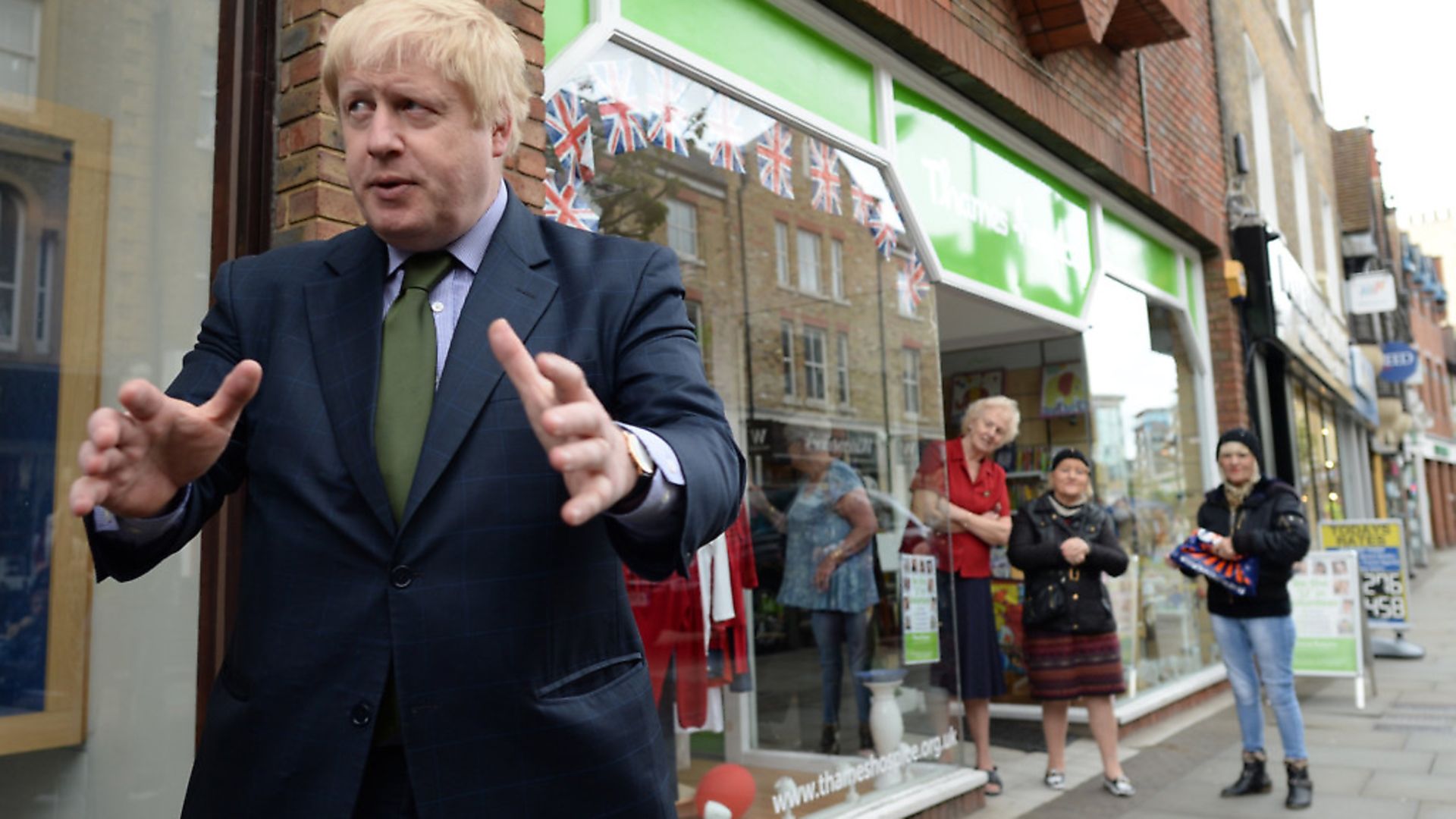
Child poverty is set to continue rising to a 60-year high under a Conservative government, while Labour’s spending would prevent a further 550,000 children living in poverty, a new report has found.
The report from the Resolution Foundation found that the Tories’ 2019 manifesto makes no change to existing social security policy and risks child poverty reaching 34%.
Meanwhile, Labour’s promise of £9 billion of extra social security spending, and scrapping the two-child limit, would halt the rise but would not reverse the trend, said the researchers.
Conservative candidates during the general election campaign have refused to shoulder much of the blame for soaring poverty levels under the nine years of their government.
WATCH: The government is not to blame for poverty, says Priti PatelWATCH: Tory incumbent ‘can’t personally do anything about’ child poverty in his seatDespite increased spending, Labour’s policy could still see more children living in poverty in 2023 than today, said the foundation, because the party does not plan to reverse the £5 billion benefits freeze.
The Liberal Democrat manifesto also plans for an extra £9 billion of social security spending, and would see a slightly bigger 600,000 reduction in child poverty compared to Conservative plans, but would also not see child poverty rates decline.
The foundation said that the main winners in Labour’s manifesto are large families, private renters, disabled people, and WASPI women, but many working-age families that fall outside these groups could still find themselves worse off under Labour compared to the UK’s pre-2015 social security system, due to the effects of the benefits freeze enduring.
The foundation estimated that working couples with children would remain worse off by £150 per year on average, and working single parents would remain £600 worse off.
The news comes just before the Trussell Trust, which runs a network of more than 1,200 food banks, is about to release its projections for the Christmas period.
Research director Laura Gardiner said: “The modern welfare state has evolved over the past 70 years, and has changed dramatically over the past decade. Policy choices since 2010 have reduced the generosity of support for working-age families by £34 billion.
“Against the backdrop of major cuts, the parties’ manifestos do offer big choices on social security.
“Under the Conservatives little is set to change, and child poverty risks reaching a record high in the coming years.
The shifting shape of social security shows how the size and shape of the UK benefit system has evolved over the past seven decades, stated the foundation.
This has risen from around for 4% of GDP at the creation of the modern welfare state in the mid to late 1940s, to around 10% of GDP today.
It is set to rise again to around 12% of GDP over the next fifty years, largely as a result of our ageing society.
Warning: Illegal string offset 'link_id' in /mnt/storage/stage/www/wp-includes/bookmark.php on line 357
Notice: Trying to get property 'link_id' of non-object in /mnt/storage/stage/www/wp-includes/bookmark.php on line 37






